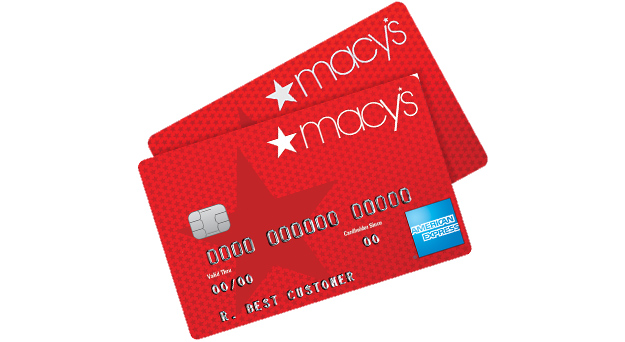
With Black Friday approaching, many consumers are looking for ways to save a bit of money on their holiday purchases. Inevitably, a lot of people have the idea to open that store credit card that promises to save them 20% on today’s purchase. It’s free money, right? Not exactly.
If you’ve been here before, you’ll know that I like to use a practical example when running through my advice. While there will be slight differences from one store credit card to another, the same general blueprint will apply.
A friend was asking me about whether it was a good idea to take out a Macy’s credit card when doing her holiday shopping. So, I’ll use Macy’s offering throughout this post.
I’ll only be taking into account the math behind these cards. There may or may not be other issues with store credit cards relating to customer service, but that’s outside the scope of my advice today.
The biggest feature of a store credit card is its discount on your purchase at sign up. The Macy’s card offers cardholders up to 20% of their purchase on their first day of membership (limited to $100). So, if you already plan on spending $500, then you can save 100 bucks.
The catch here, is that the sales clerk will probably suggest that it would be foolish not to spend at least $500, so that you can take full advantage of your discounts. Buying things you don’t need only to maximize your ‘savings’ is unwise. I’ll dive into this a little more below.
The primary on-going kicker is a 10% reward for Macy’s purchases, but demands a separate $25 per year membership fee. This requires you to spend $250 to ‘break even’.
If we dig a little deeper into the on-going rewards, Macy’s offers a three-tiered membership system, based on your annual spending at Macy’s. As you graduate to a higher tier, you receive sales and mailings more frequently, including ‘surprise savings’ sometimes when you check out.
The Macy’s store credit card caries a pretty lousy 24.50% APR for its most qualified applicants. However, my readers are paying off their credit cards monthly, so I don’t feel the need to harp on this topic.
There’s a lot of gray area with regard to what does and does not affect your credit score. To be honest, this topic alone would be great fodder for its own post. In the interest of today’s discussion, I want to highlight the effect of opening (and closing) a store credit card.
Any time you apply for a credit card, the lender will make a credit inquiry on you. These credit inquiries hurt your score. Your score is also based on how long you keep lines of credit open.
If you intend to open and close store credit cards as you go to make purchases, your score will suffer. Having too many lines of credit will also adversely affect your score.
You may save a couple bucks on your purchase today, but those dings to your credit score may end up costing you thousands in additional interest when you go to purchase a house or car.
The real way companies make money on store credit cards is by trying to subvert your better judgement and entice you into buy more things from them. When you’re enrolled in a store credit card, they will send you “deals” to your home and email – often.
Many retail products are “priced up, to price down” which is when products are listed at an artificially high price, only to be immediately offered at a “sale” price. We’re wired to think in terms of saving money.
These deals, day in and day out, predispose us to spending money we would not otherwise. However, the fact that there’s the appearance of a sale allows us to feel good about making the purchase, so we’re more inclined to buy.
At the end of the day, this causes us to spend more money than we would naturally. These companies are not in the business of losing money. Store credit cards are extremely lucrative for the issuing outlets.
When I was in high school, I worked in the footwear department of an L.L. Bean. We were pressured, by management, to push the L.L. Bean credit card on customers. One day, another sales associate asked why it was so important to sign up as many customers as possible.
We were told that each new enrollment was worth over $500 to the store (this is anecdotal, as a teenager I never confirmed the validity of this claim). The point is, the direct marketing these store credit cards allow companies to target you with has been shown to be profitable for them (at your expense).
If you use credit cards responsibly and only go in on a store credit card offer once every few years, you can save a little bit of money without risking damage to your credit score. The real pitfall isn’t the terms or interest rate, it’s the barrage of marketing.
A month ago, when we discussed budgeting, I suggested that one of the most helpful things you can do, to curb unnecessary spending, is to unsubscribe to all of the email “sales” that flood into your inbox each day. If you can, unsubscribe to these marketing materials, immediately.
If you are responsible with credit and have taken steps to reduce your exposure to marketing, then you likely can get a few dollars ahead with a store credit card. However, you need to constantly be aware of the traps.
If you’re looking for a wealth manager and financial advisor that puts you first, call Ferguson-Johnson Wealth Management today!
CONTACT US